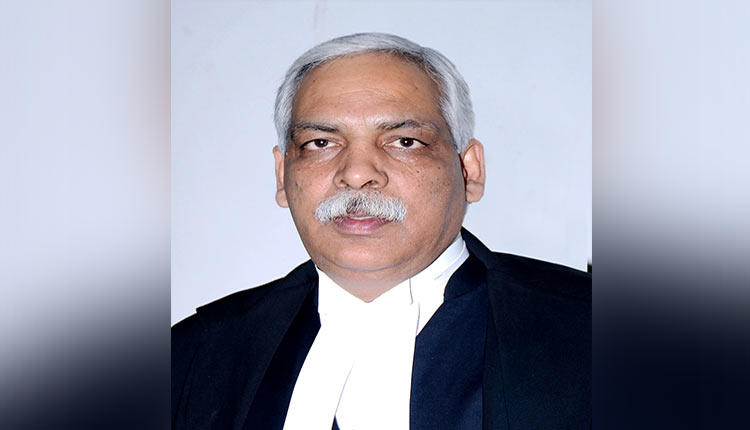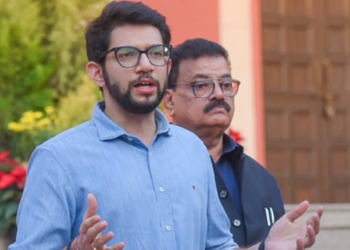Mumbai: Bombay High Court Chief Justice D.K. Upadhyaya has expressed optimism that despite facing teething problems, the new criminal laws — which came into effect all over India from July 1 — will surmount all challenges and sail through due to a robust judicial system prevalent in the country.
The Bharatiya Nyaya Sanhita (BNS) has taken over from the Indian Penal Code, 1860, while the Bharatiya Nagarik Suraksha Sanhita (BNSS) has replaced the Code of Criminal Procedure, 1973, and the Bharatiya Sakshya Adhiniyam (BSA) has come in place of the Indian Evidence Act, 1872.
Speaking at a conference on “India’s Progressive Path in the Administration of the Criminal Justice System” here, organised by the Ministry of Law & Justice, CJ Upadhyaya said that the BNS, BNSS and BSA are a challenge not only to the judiciary but also for the investigating agencies, the public prosecutors, the lawyers and all others.
However, he expressed confidence that given a robust judicial system in the country, all the challenges shall be met despite the teething problems that may be encountered, and “we must welcome them with a changed mindset to emerge out of their comfort zones” to ensure its effective implementation.
For starters, he said that the nomenclature changed from ‘dand’ (punishment) to ‘nyaya’ (justice) reflects a paradigm shift in thinking about the criminal justice system.
Dwelling on the role of the judiciary in the implementation of the new laws, CJ Upadhyaya said that besides the district judiciary where most of the trials are conducted, a lot of interpretative processes would happen and come up before the higher judiciary for interpretation.
Here, the process for which these laws have been enacted should be the basis of interpretation at the High Court levels when such challenges come before them, said the BHC CJ.
CJ Upadhyaya said that judicial academies across India are training judicial officers, prosecutors, law enforcers and lawyers to ensure a smooth transition to the new laws.
He cited the instance of Maharashtra Judicial Academy which has trained nearly 65 per cent of its judicial officers and some PPs, while the state police is developing an online training module on the new laws.
Underlining the importance of proper training on the new laws for the police who are the first point of contact with the citizens, CJ Upadhyaya said that if a police officer registers a FIR citing wrong legal provisions, then the FIR itself would be susceptible to challenges.
The BHC CJ said that new laws aim to curb litigation delays and enhance the use of information technology in the criminal justice system.
For instance, the BNSS has introduced measures to expedite justice by prescribed time-limits for procedural actions and mandating forensic science in serious investigations, plus changes like introducing preliminary investigations, Zero FIR, E-FIRs, plus the need for the state machinery to augment its infrastructure.
The BSA will recognise electronic documents, digital records and has provided a clear format of certification, said the BHC CJ.
The BNS has rearranged the offences as per severity, wider gender neutrality, introducing new offences as mob lynching and organised crimes, deleting provisions pertaining to adultery and unnatural offences, and brings in ‘community service’ as a form of punishment which CJ Upadhyaya described as ‘one of the most welcome steps’.
Union Minister of State for Law & Justice Arjun Ram Meghwal said that the new laws are aimed at providing ‘justice’ in contrast to the colonial legislations which focused on ‘punishment’.
He said that these laws were formed after extensive consultations with stakeholders, law-makers across party lines, common citizens and incorporating the recommendations of the Law Commission of India.
(IANS)
















